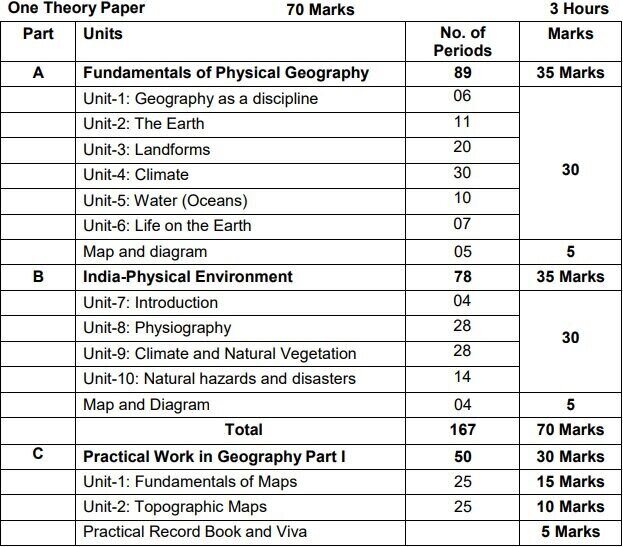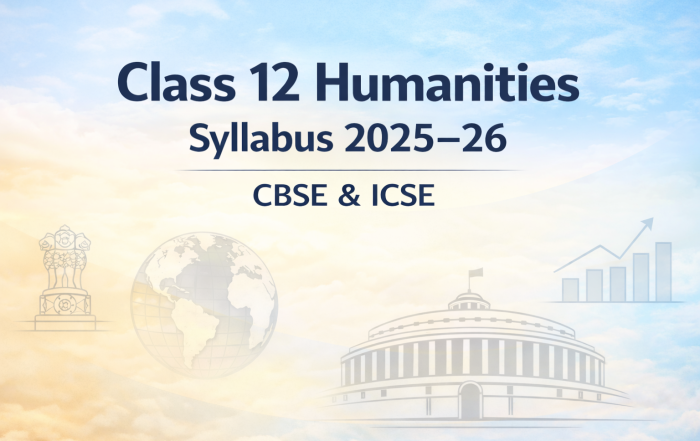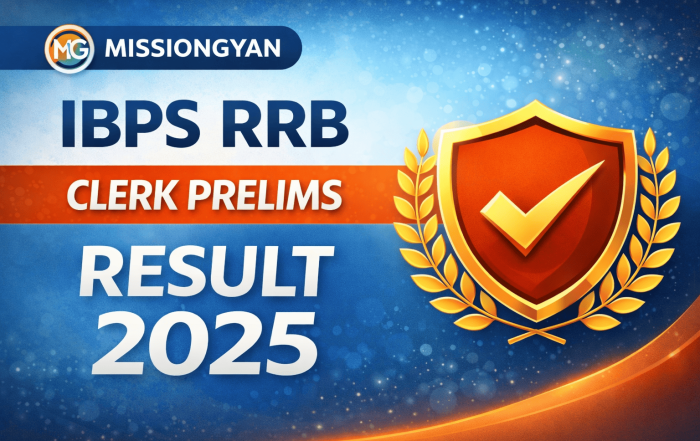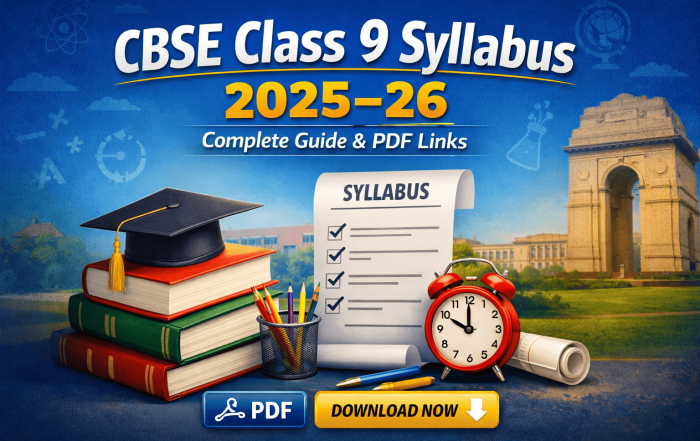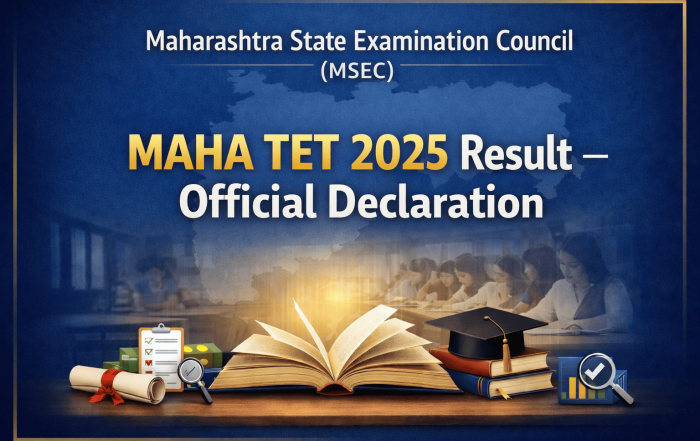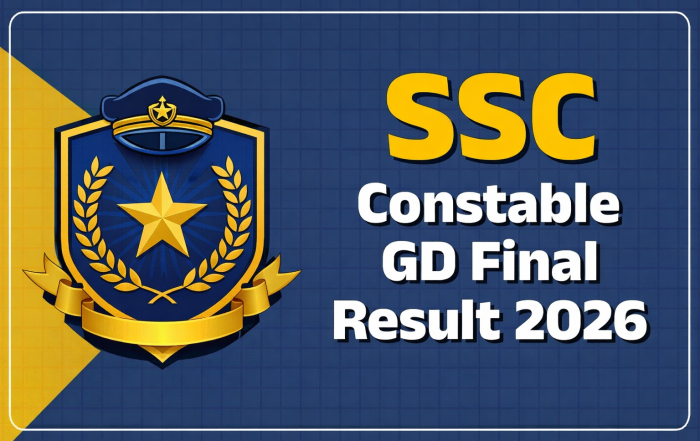RECENT POSTS
RBI Office Attendant 2026: Notification, Apply & Exam Dates
RBI Office Attendant Recruitment 2026 Reserve Bank of India (RBI) has announced the RBI Office Attendant Recruitment 2026 for candidates who have passed Class 10 (SSC/Matric) and are looking for a stable, secure job in [...]
Class 12 Humanities Syllabus PDF 2025–26 (CBSE & ICSE)
Class 12 Humanities Syllabus 2025–26 (CBSE & ISC) – Complete Guide If you are a Class 12 Humanities (Arts) student, understanding the latest syllabus is the first and most important step toward scoring well in [...]
SEBI Grade A Result 2026 Out Soon: Phase 1 PDF, Date & Next Step
SEBI Grade A Result 2026 The Securities and Exchange Board of India (SEBI) successfully conducted the SEBI Grade A Phase 1 (Prelims) Examination on 10 January 2026 for candidates registered under the 2025–26 recruitment cycle. [...]
IBPS RRB Clerk Result 2025-26 Out: Prelims Status
IBPS RRB Clerk Result 2025-26 Released The IBPS RRB Clerk (Office Assistant) Prelims Result 2025-26 has been released on 23 January 2026. Candidates who appeared in the CRP RRB-XIV preliminary exam [...]
NEET MDS 2026 Exam Date Announced: Check Full Schedule
NEET MDS 2026 Exam Date Announced NEET MDS 2026 exam date has been officially announced by NBEMS. As per the tentative schedule released by the National Board of Examinations in Medical Sciences, NBEMS will conduct [...]
JEE Main 2026 Jan 21 Paper 1 PDF: Shift 1 & 2
JEE Main 2026 Paper Overview – Jan 21 Shift 1 & 2 The JEE Main 2026 Paper for Session 1 started from 21 January 2026 in CBT mode. After Shift 1 and Shift 2, students [...]
CBSE Class 9 Syllabus 2025–26 PDF: Subject-Wise Download
CBSE Class 9 Syllabus 2025–26: Complete Guide & PDF Links The CBSE Class 9 syllabus for the academic year 2025–26 has been officially released by the Central Board of Secondary Education. Students can now access [...]
IBPS RRB Clerk Prelims Result 2025: Download PDF at ibps.in
IBPS RRB Clerk Prelims Result 2025 The IBPS RRB Clerk Prelims Result 2025 will be available soon on the official website ibps.in. If you appeared for the Office Assistant (Multipurpose) prelims in December 2025, you [...]
MAHATET Result 2025 Declared: Score Card & Cut-Off Details
MAHATET Result 2025 Declared The MAHATET Result 2025 is now officially available. The Maharashtra State Council of Examination (MSCE) announced the result on 16 January 2026. Candidates who appeared in the Maharashtra Teacher Eligibility Test [...]
SSC GD Constable Final Result 2026
SSC GD Constable Final Result 2026 The SSC GD Constable Final Result 2026 has been officially declared by the Staff Selection Commission on 15 January 2026. Candidates who appeared for the Document Verification (DV) and [...]

